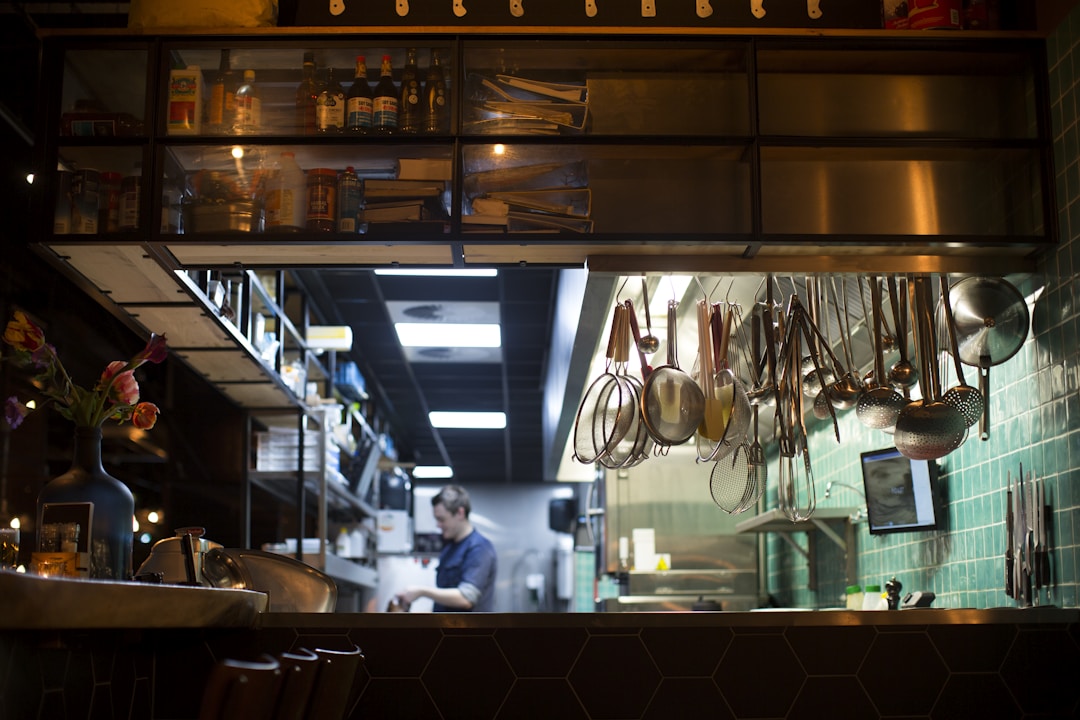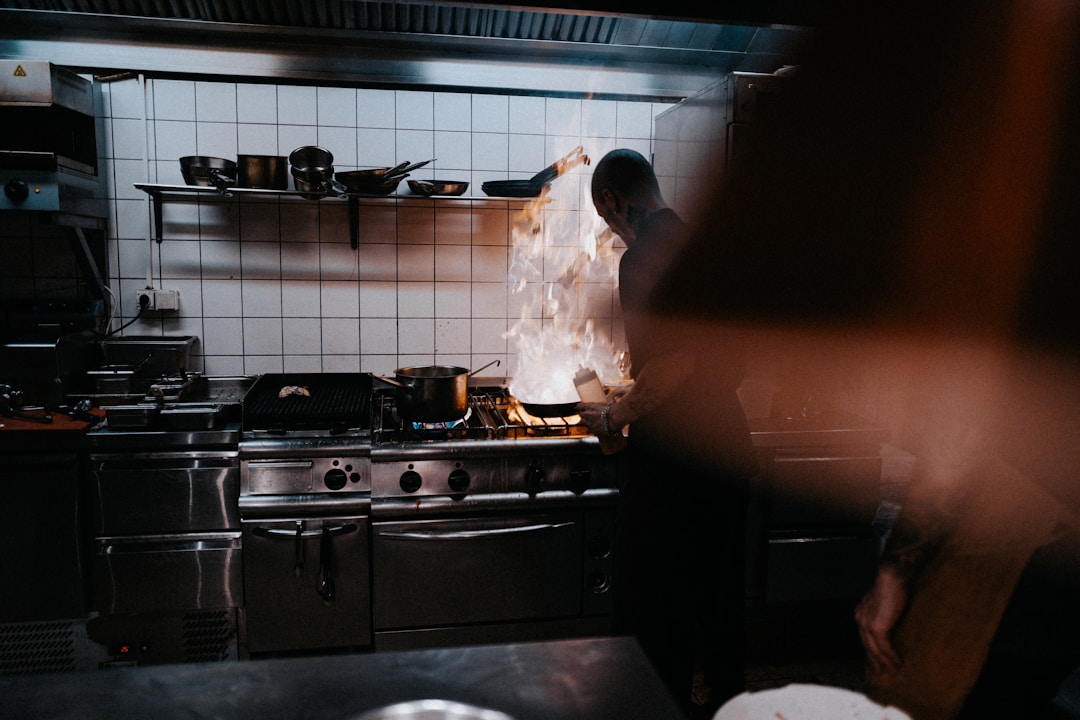Choosing the right restaurant equipment is crucial for the success of any food service business. The right equipment not only ensures efficiency and productivity but also impacts the quality of food you serve. This article will guide you through the essential aspects to consider when selecting restaurant equipment, helping you make informed decisions that align with your business needs and goals.
Understanding Your Kitchen’s Needs
Before diving into purchasing, assess your kitchen’s specific needs. Consider the type of cuisine you’ll be serving, the volume of business you expect, and the size of your kitchen. These factors determine the equipment you need. For instance, a commercial countertop grill might be essential for a burger joint, while a sushi bar would prioritize refrigeration and rice cookers. Remember, each piece of equipment should serve a clear purpose in your kitchen, contributing to a smooth and efficient workflow.
Another factor under this heading is the layout of your kitchen. The placement of equipment should facilitate easy movement and efficient food preparation. Optimize your space by choosing equipment that fits well and supports the flow of operations, ensuring that staff can work comfortably and safely.
Quality and Durability

Investing in high-quality, durable equipment may seem costly initially, but it pays off in the long run. Look for equipment made from robust materials like stainless steel, known for its longevity and ease of cleaning. Check for warranties and service agreements, as these can be lifesavers in case of malfunctions or breakdowns.
Also, consider the brand reputation and customer reviews when selecting equipment. Established brands often offer reliability and better after-sales service. Quality equipment not only lasts longer but also ensures consistency in food preparation, which is key to maintaining customer satisfaction.
Energy Efficiency and Sustainability
Energy efficiency is an important consideration, both for environmental sustainability and for reducing operational costs. Look for equipment with energy-saving features or those rated by energy conservation authorities. This is not only environmentally responsible but also cuts down on utility bills.
Furthermore, consider equipment that supports sustainability in other ways, like water-saving dishwashers or waste-reducing food processors. As consumers become more environmentally conscious, having a green approach in your kitchen operations can also become a selling point for your business.
Budget and Cost-Effectiveness

While it’s tempting to opt for cheaper options, it’s important to balance cost with quality. Draft a realistic budget, considering both the purchase price and the long-term operating costs of the equipment. Sometimes, spending a bit more upfront for a more efficient or durable unit saves money in the long run in maintenance and energy costs.
Moreover, explore different purchasing options. Sometimes leasing equipment or buying gently used items can be more cost-effective than buying new ones. Assess each piece of equipment on its merit, considering how crucial it is to your operations and how frequently it will be used.
Customization and Scalability
As your business grows, your kitchen’s needs will evolve. Choose equipment that can scale with your business. This might mean opting for modular equipment that can be easily upgraded or expanded. Customization options also allow you to tailor equipment to your specific needs, enhancing efficiency and productivity.
Consider the future of your business when making purchases. Will the equipment still be adequate if your customer base grows or if you expand your menu? Planning with scalability in mind ensures that your initial investments continue to serve you well in the long run.
Investing Wisely for Long-Term Success
Choosing the right restaurant equipment is a balance of understanding your kitchen’s specific needs, opting for quality and durability, considering energy efficiency and sustainability, being mindful of your budget, and planning for future scalability. Each piece of equipment, from a commercial countertop grill to a high-tech oven, plays a role in the overall success of your business. By making informed and thoughtful choices, you invest not just in equipment, but in the long-term success and growth of your culinary venture. Remember, the right tools in the kitchen are the foundation upon which delicious dishes and satisfied customers are built.

